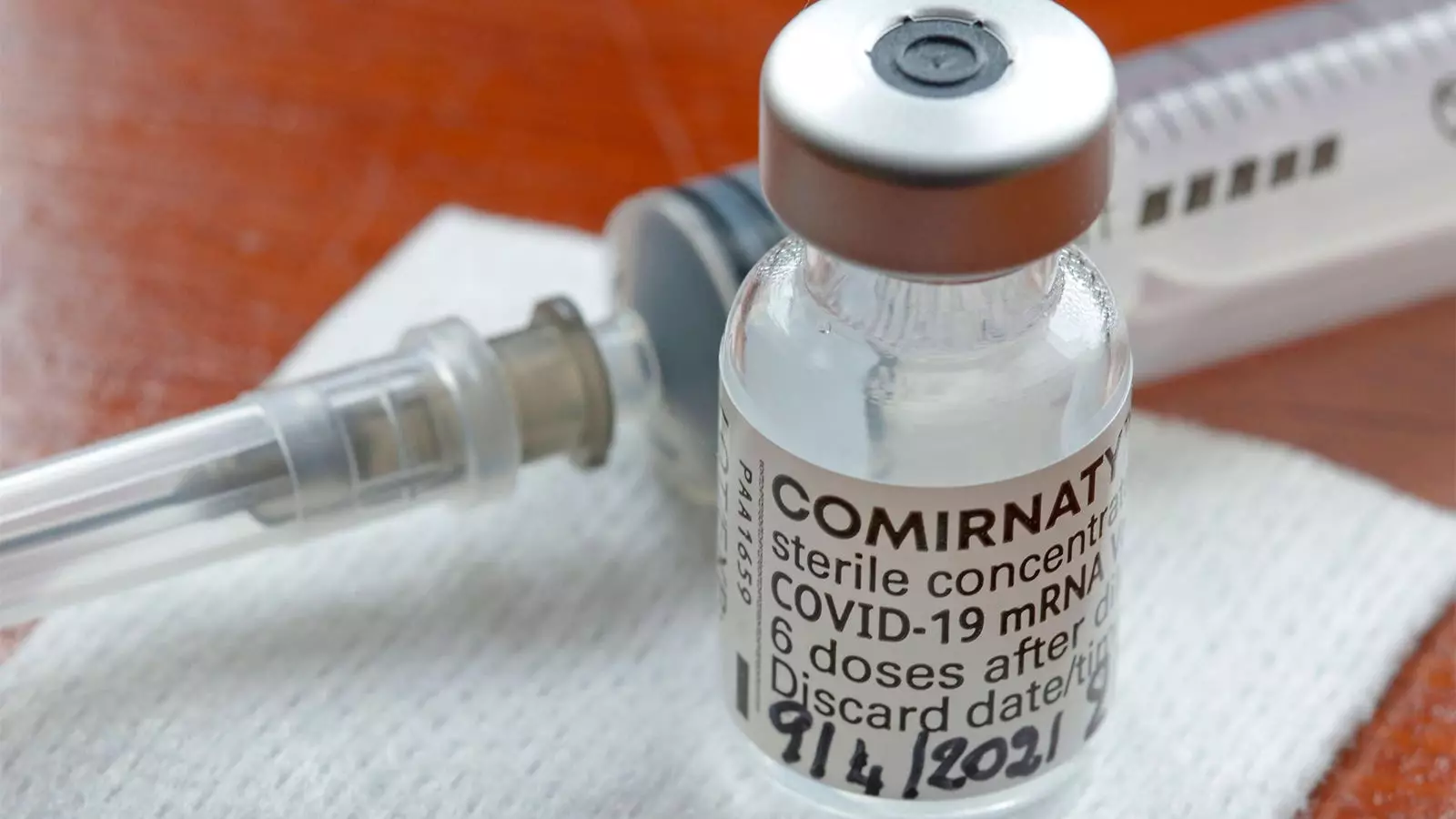A recent retrospective cohort study conducted across multiple sites found that receiving an mRNA COVID-19 vaccine during the first trimester of pregnancy did not increase the risk of major structural birth defects. The study, led by Elyse Kharbanda, MD, MPH, from the HealthPartners Institute, reported that the occurrence of major structural birth defects was similar between infants born to mothers who received a first-trimester vaccination and those who did not (adjusted prevalence ratio 1.02, 95% CI 0.78-1.33).
The authors of the study concluded that these findings should provide reassurance to pregnant individuals and their obstetric care providers. Kharbanda described the research as a “big data study” utilizing data from Vaccine Safety Datalink sites known for their robust information on COVID-19 vaccine exposure and pregnancies. The study aimed to address concerns about the safety of first-trimester vaccinations and their potential impact on birth defects.
Historically, other vaccines have been administered during the first trimester of pregnancy without safety concerns related to birth defects. It is well-established that contracting COVID-19 during pregnancy increases the risk of complications and adverse birth outcomes. Therefore, the American College of Obstetricians and Gynecologists recommends COVID-19 vaccination for pregnant individuals at any trimester.
The study contributes to the growing body of evidence supporting the safety of COVID-19 vaccination for pregnant individuals and their babies. Research suggests that the vaccine is not only safe for infant brain development but also reduces the risk of adverse neonatal outcomes. These findings may help alleviate concerns about vaccine safety during pregnancy, as indicated by Pamela Berens, MD, from the McGovern Medical School at UTHealth Houston.
Cardiac defects were the most prevalent birth defects in both groups, showing no significant difference between the vaccinated and unvaccinated cohorts. Neural tube and gastrointestinal defects were slightly more common in the first-trimester vaccinated group, but not to a significant degree. On the other hand, kidney and genitourinary defects were less prevalent in the first-trimester vaccinated group.
The retrospective cohort study collected data from health systems in multiple states and compared pregnant women who received mRNA COVID-19 vaccines in the first trimester with those who were unvaccinated or vaccinated at a different time. Participants included individuals with singleton pregnancies resulting in live births between specific dates. Demographic information showed that those vaccinated in the first trimester tended to be older, with a higher mean maternal age compared to the control group.
The authors acknowledged limitations in their study, such as the exclusion of pregnancies ending in stillbirth and the lack of data on folic acid use. They also focused solely on mRNA COVID-19 vaccines and were unable to capture birth defects diagnosed beyond 4 months of age. Future research could address these limitations and explore additional factors that may influence birth defect outcomes in vaccinated pregnant individuals.

Leave a Reply